Elections Commission Reviews Draft Absentee Ballot Mailer
Commisioners asked staff to make changes to a mailer that will send an absentee ballot request form to millions of Wisconsin voters. They will give final approval on the mailer next week. The commission also voted to allocate roughly $5 million in federal funds to local elections officials to bolster security.
June 10, 2020
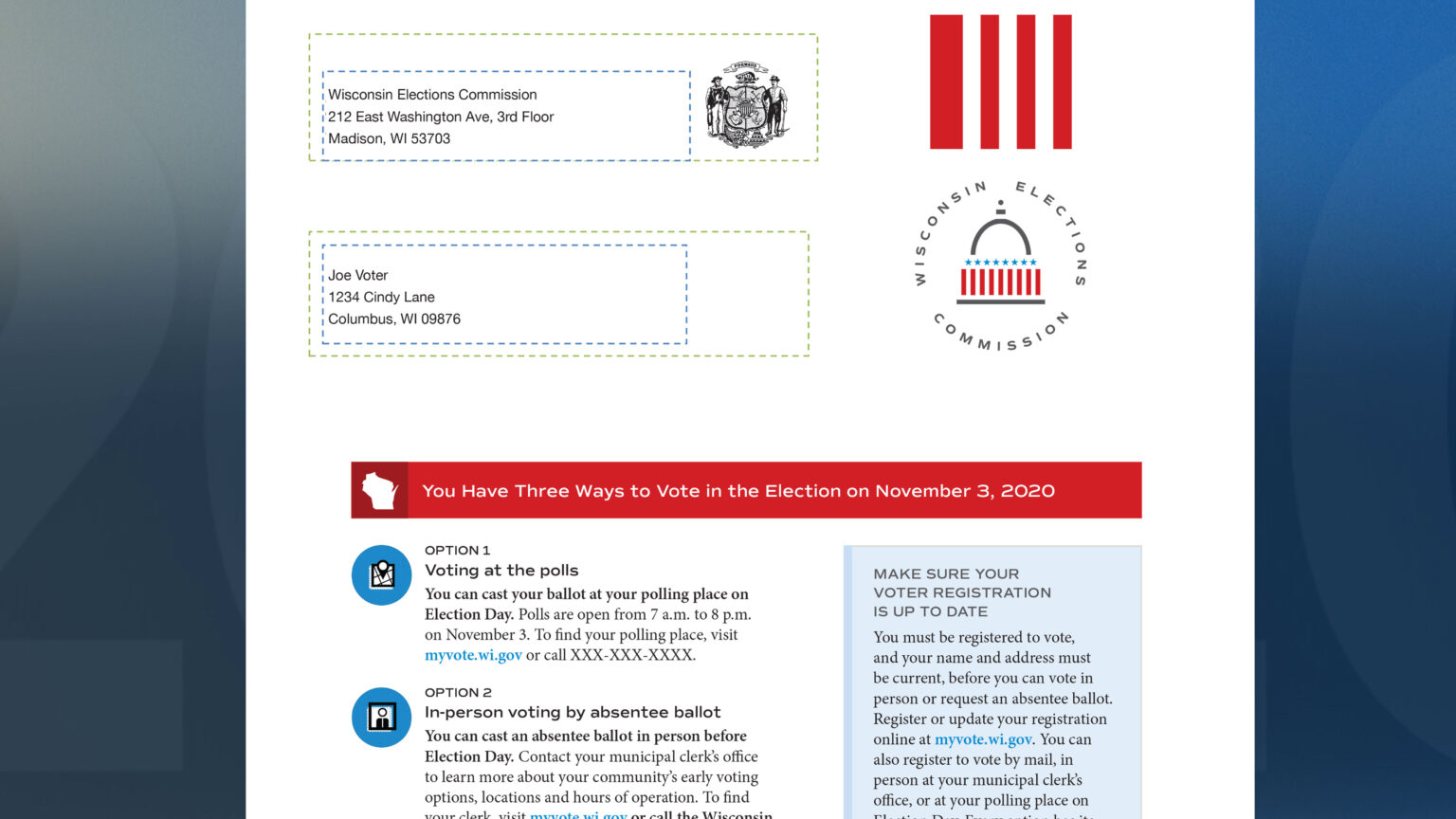
Draft of the absentee ballot mailer the Wisconsin Elections Commission intends to send to 2.7 million registered voters.
The Wisconsin Elections Commission staff proposed a draft of a mailer the commission will send to 2.7 million registered voters this fall, containing an absentee ballot request form.
The commission voted last month to approve funds for the mailer in anticipation of increased absentee voting due to the COVID-19 pandemic. Voters would return the applications to the elections commission in Madison, which would enter the voter information in a central database. Municipal clerks would then send ballots to the voters themselves.
Commissioners suggested changes to the wording of the mailers during Wednesday’s meeting to clarify information on the mailer, such as the role of witnesses for absentee voters. The commission will meet June 17 to address those changes, allowing staff additional time they requested to test the readability of the mailers.
“I am happy to see that we’re promoting all three types of voting: voting at the polls, voting in-person absentee and also voting absentee by mail,” said Commissioner Bob Spindell. He had called for the mailer to include multiple forms of voting to appeal to voters across the political spectrum.
Spindell, a Republican appointee, also called Wednesday for the mailer to include an affirmation that those applying for absentee ballots were U.S. citizens, which drew criticism from the Democratic-appointed commissioners.
“Making people affirm they’re a citizen is kind of offensive,” said Commissioner Ann Jacobs. “They’re already citizens. They are registered voters.”
The commission ruled last month that absentee ballot request forms would be sent to registered voters, excluding those who were flagged of having changed their address and those with absentee requests already on file.
“I want the voters in Wisconsin–maybe half of the people voting, which could be Republicans–to have confidence in this and to not believe that this is ripe for major fraud,” Spindell said.
The commission also held partisan lines when Spindell brought up a rule the conservative Wisconsin Institute for Law and Liberty proposed the agency adopt, which would ban the practice of ballot harvesting.
The rule was not on the meeting’s agenda, and Jacobs, the Democratic appointee who was newly chosen to chair the commission, would not commit to putting the proposal on the docket before September.
“This is an important issue, obviously, for the Republicans and for everybody, and I think we need to move ahead on this as quickly as we possibly can,” Spindell said.
“Bob, if they wanted a bill, have them go pass the bill,” Commissioner Mark Thomsen, a Democratic appointee, said. “It’s not on the agenda today.”
The commission also voted to allocate roughly $5 million to counties and municipalities in a security-related subgrant. According to a commission memo, the federal funds would help elections officials address cyber vulnerabilities and bolster physical security with systems, among staff training and other provisions.
 Passport
Passport




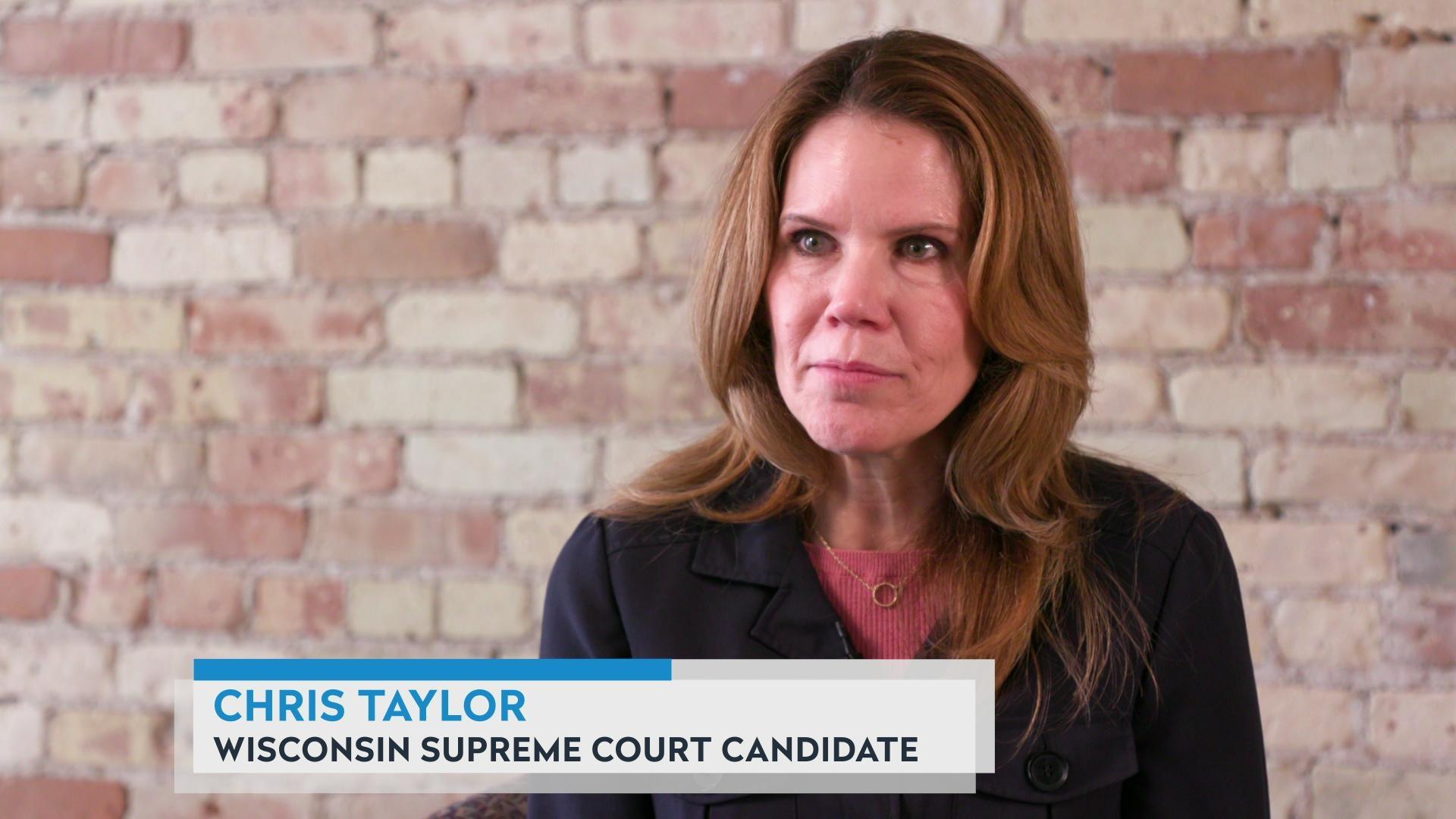
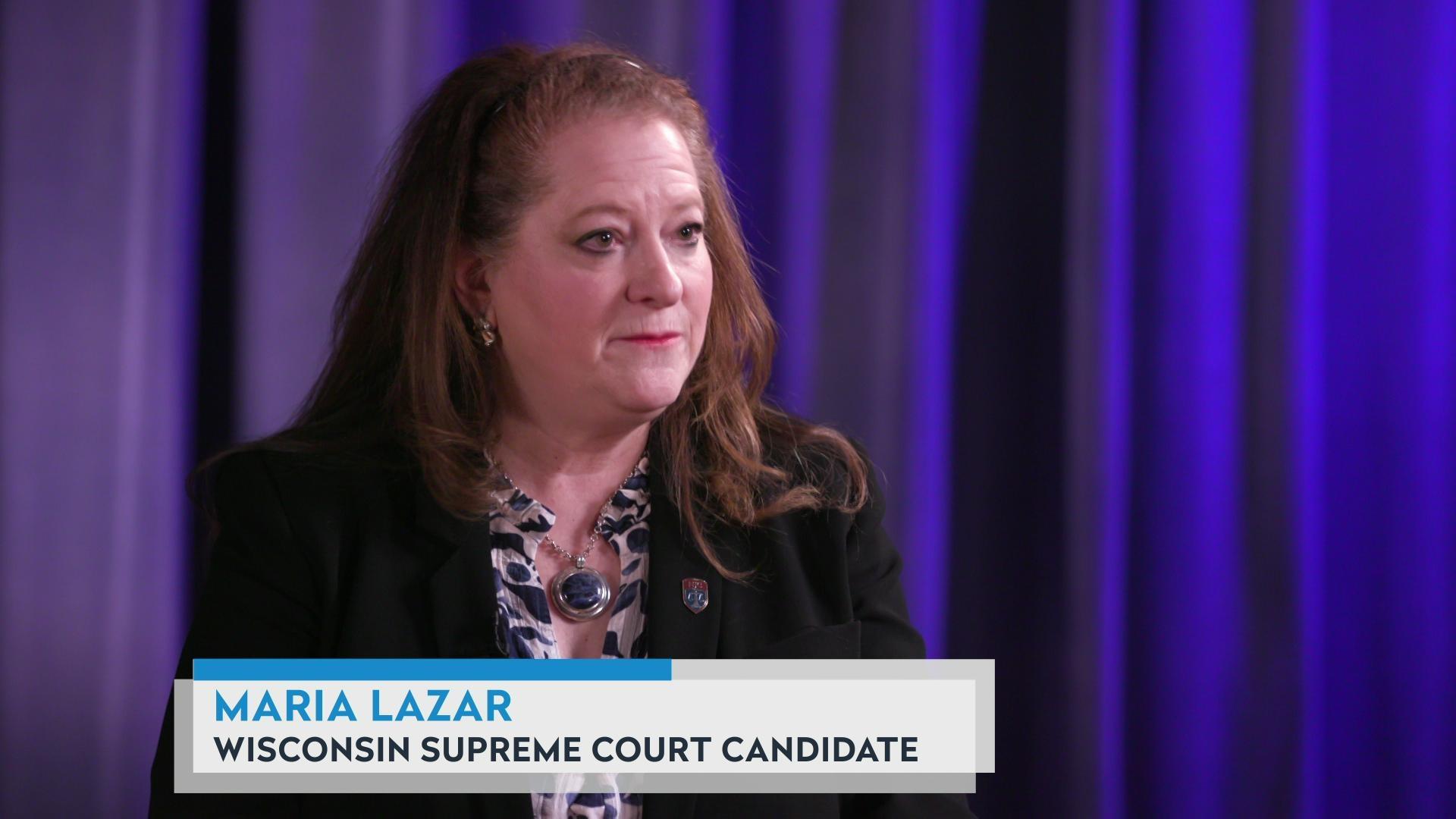
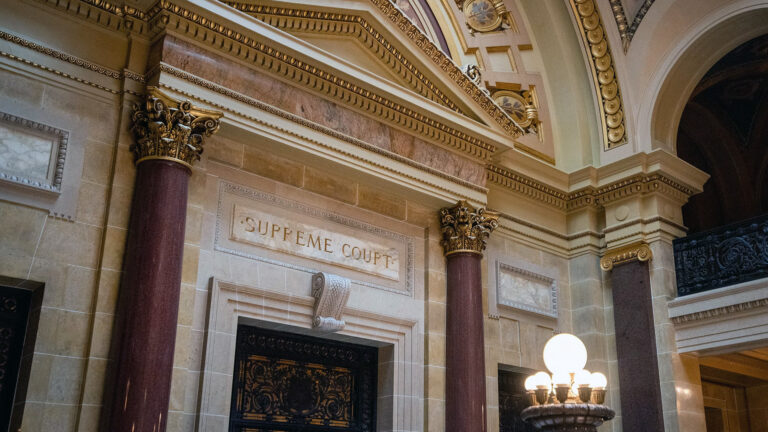
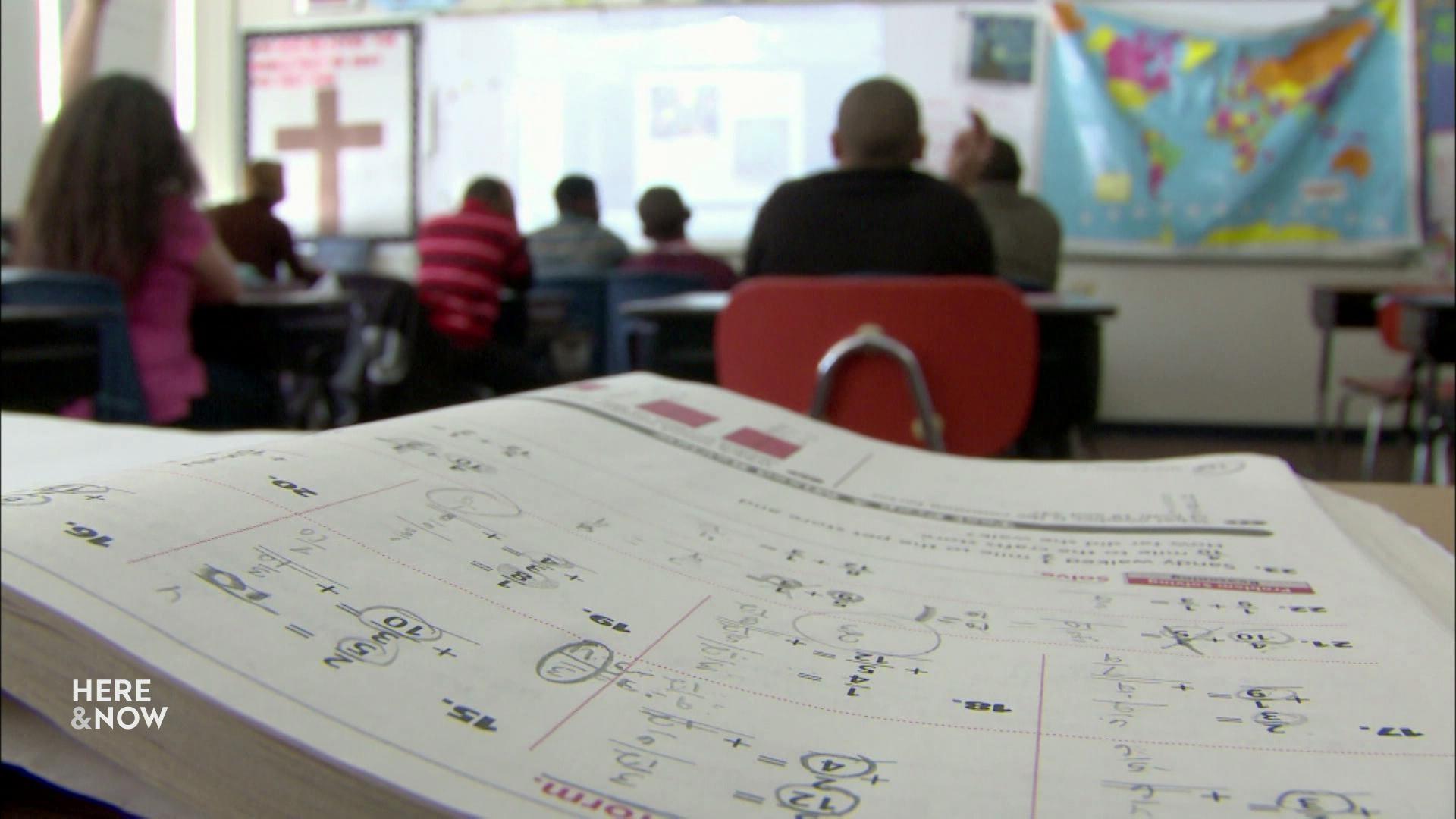
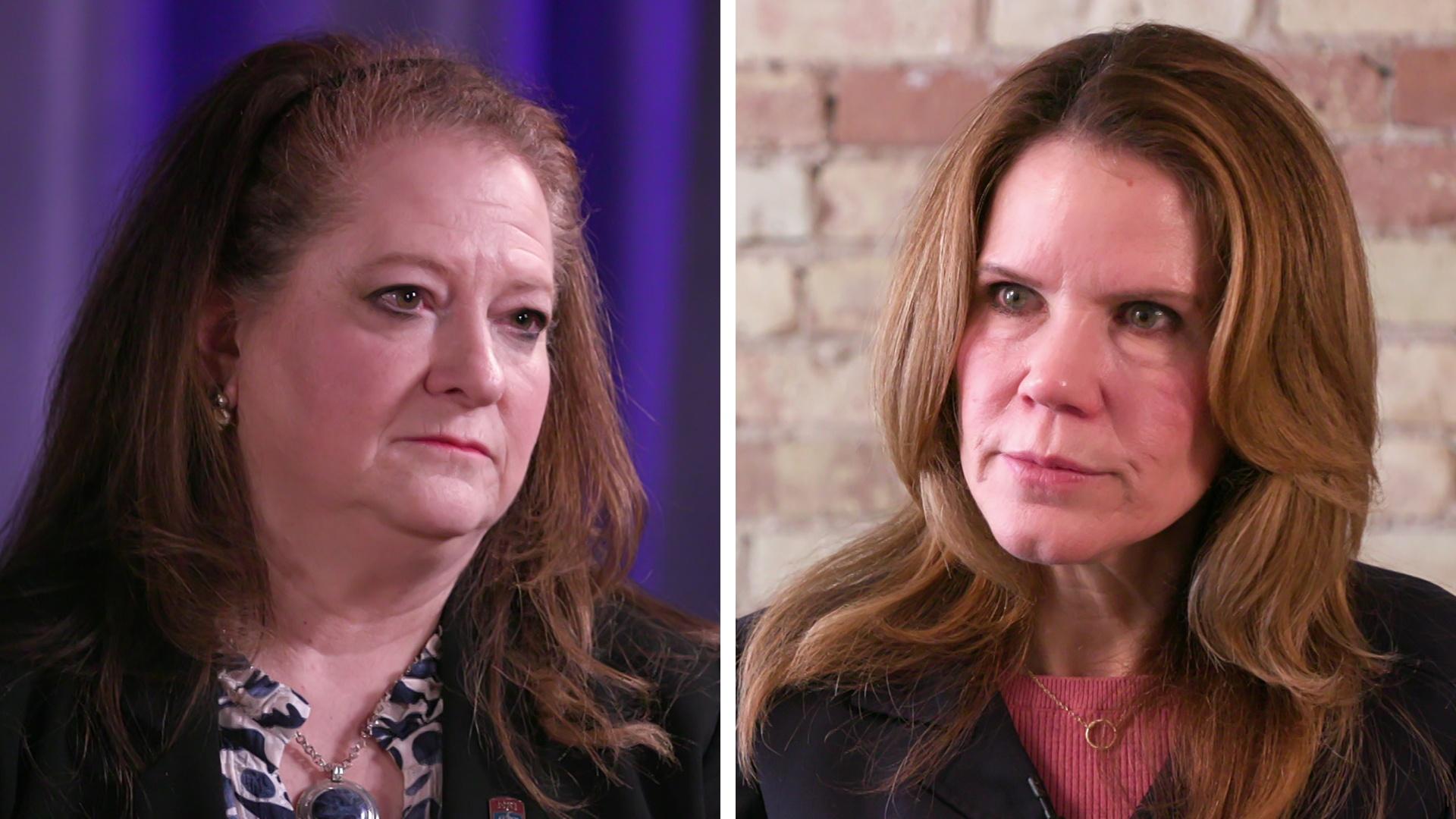


Follow Us